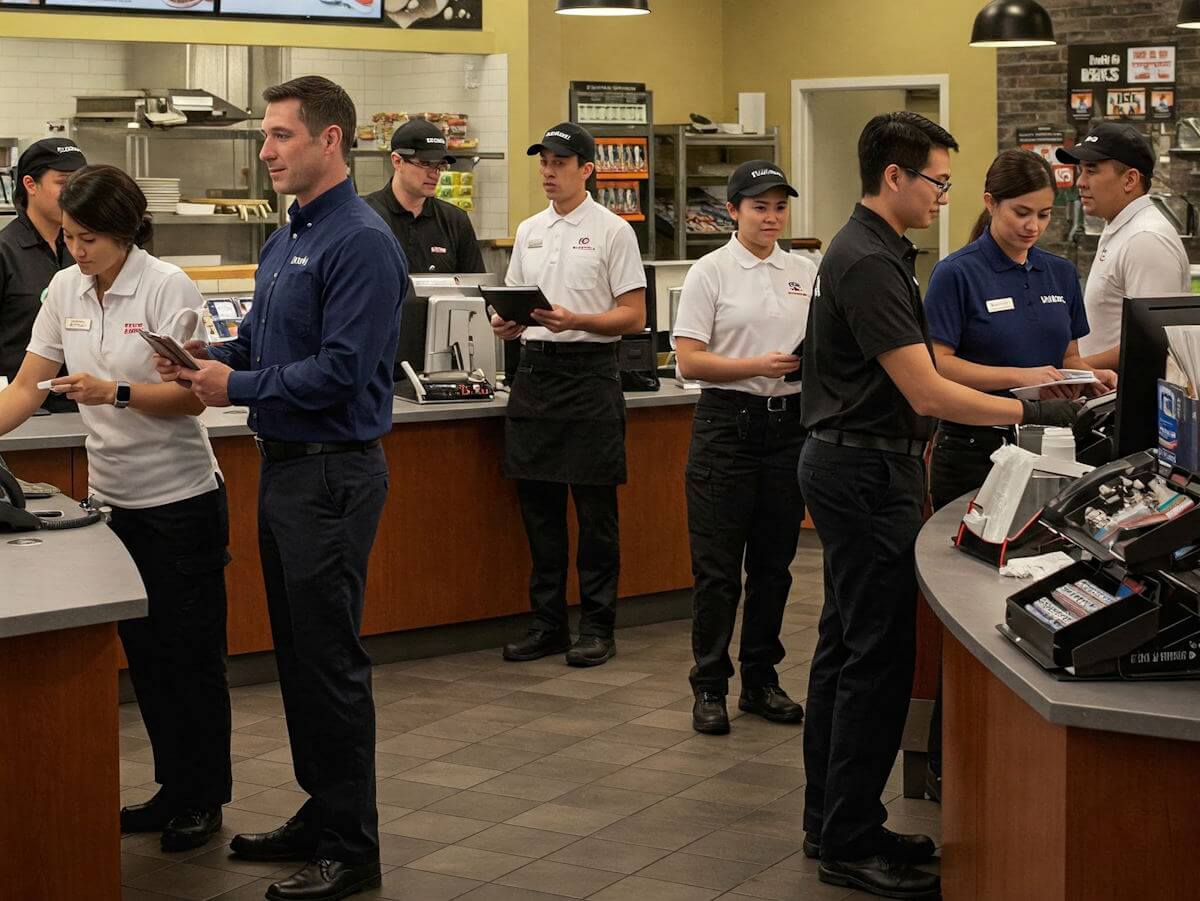How to Negotiate a Franchise Agreement Like a Pro
A franchise agreement is a legally binding contract between a franchisor, who owns the brand and business model, and a franchisee, who seeks to operate a business using the franchisor’s established system. This agreement serves several purposes, primarily outlining the roles and responsibilities of both parties and ensuring that the franchise operates in line with […]









